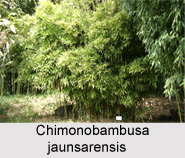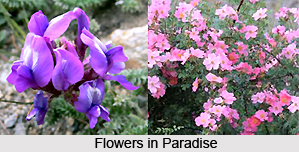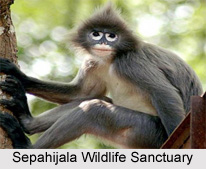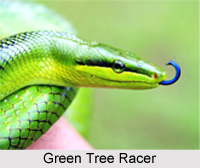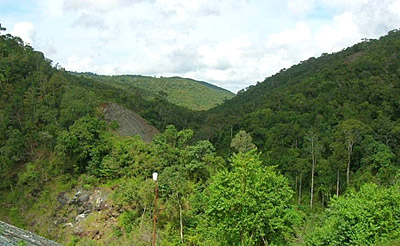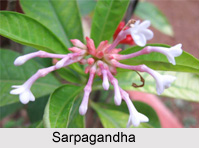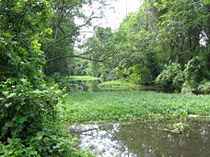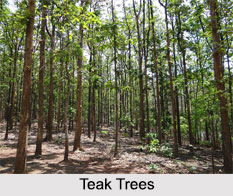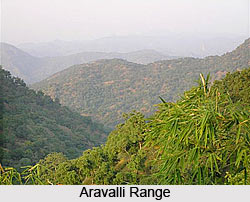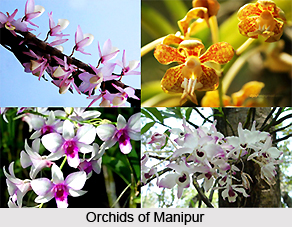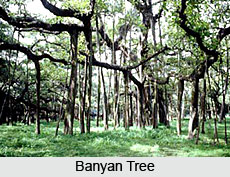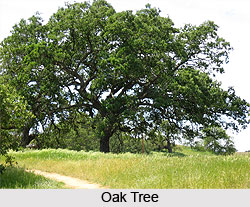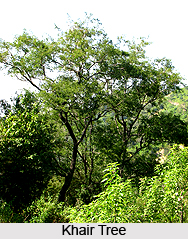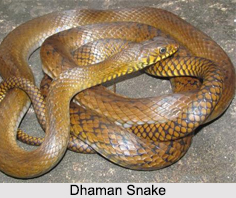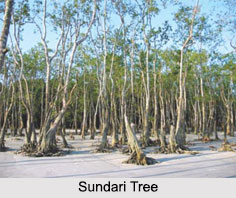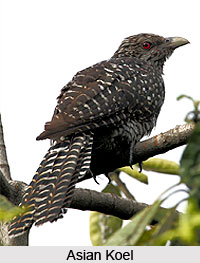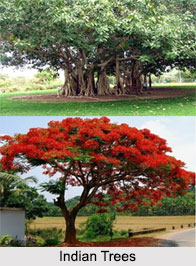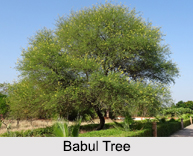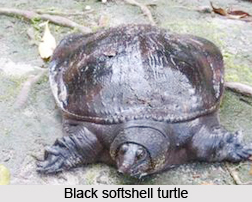 Black Softshell Turtle or Bostami Turtle is an Indian Reptile that bears a scientific name "Nilssonia nigricans", previously placed in genus Aspideretes. It was long believed to be inbred individuals of the Ganges Softshell Turtle or the Indian peacock Softshell Turtle, but while it is a close relative of the latter, it is a distinct species.
Black Softshell Turtle or Bostami Turtle is an Indian Reptile that bears a scientific name "Nilssonia nigricans", previously placed in genus Aspideretes. It was long believed to be inbred individuals of the Ganges Softshell Turtle or the Indian peacock Softshell Turtle, but while it is a close relative of the latter, it is a distinct species.
Concentration of Black Softshell Turtle
Black Softshell Turtle is a species of freshwater turtle found in Indian states like Assam, Meghalaya, Nagaland, Mizoram, Kohima, Imphal, Manipur and Tripura and Bangladesh (Chittagong and Sylhet).
Habitat of Black Softshell Turtle
Black Softshell Turtle is originally native to the lower Brahmaputra River of Assam, the only population ever reliably known consists of a small number of the species in a man-made pond which is part of the Bayazid Bastami shrine at Chittagong, where they are dependent on humans for survival. To the locals and worshipers, the Black Softshell Turtle is known as mazari, specimens from this shrine were used in the first scientific description. In a 2014 survey by "Poribesh Banchao Andolon" from Bangladesh, it was found that the amount of oxygen dissolved in the pond water was 2.01 mg/L, whereas the favorable level is 5 mg/L. In 2012, wildlife biologists of the Center for Advanced Research in Natural Resources and Management found a small population in the wild of Sylhet.
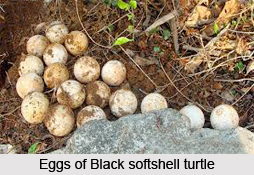 Population of Black Softshell Turtle
Population of Black Softshell Turtle
Black Softshell Turtle was found in Assam. One wild population of the species also exists, inhabiting the Jia Bhoroli River which is a northern tributary of the Brahmaputra River. Also, another population of these turtles was identified in the Kasopukhuri pond on Nilachal Hill, next to the Kamakhya Temple at Guwahati in Assam.
Threats of Black Softshell Turtle
Black Softshell Turtle is a critically endangered species endemic to North-eastern India and Bangladesh. One of the reasons why the numbers of Black Softshell Turtles in the wild remain dangerously low is because the species continues to be hunted extensively for its meat and cartilage. As of 2002, the IUCN classified the species as Extinct in the Wild. In 2004, 408 Black softshell turtle were found in the pond of the shrine. According to the shrine committee staffs, 90 more turtles were hatched out in 2007, 74 in 2008, 96 in 2009, 28 in 2010, 45 in 2012, and 40 in 2014 in the pond. Since 2013, TSA India has worked diligently to improve conditions at selected temple ponds in Assam where these turtles were discovered. Many of the ponds were eutrophic and overcrowded and often, turtles were fed human food as religious offerings. Black Softshell Turtle showed signs of poor nutrition and a lack of suitable nesting space resulted in eggs being deposited in areas where there was little chance of hatching. The goal of the project is to eventually rear and release juveniles from these captive colonies to supplement depleted wild populations. As part of that initiative, the TSA India team camped at the Nagshankar temple in April to observe nesting in the 40-45 adult females at that location. At that time, the team transferred ten nests to a hatchery and protected four nests onsite.
